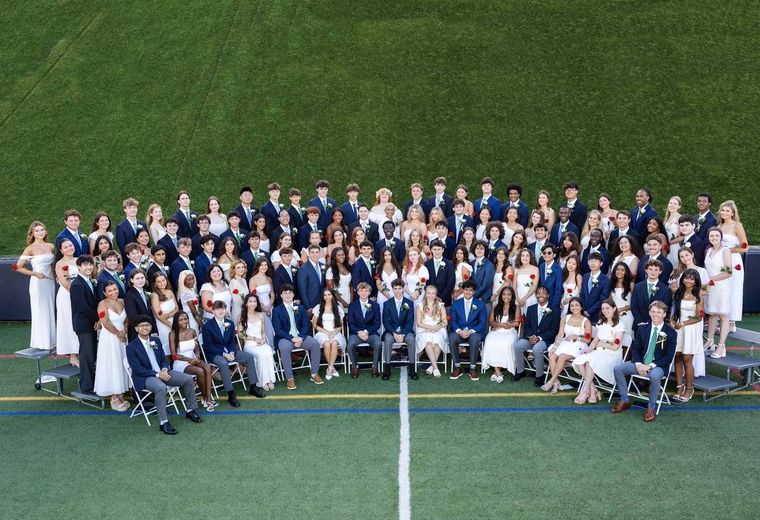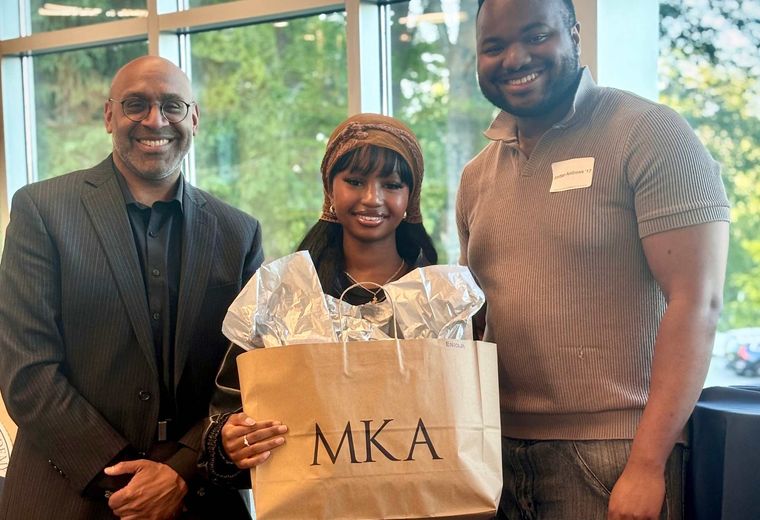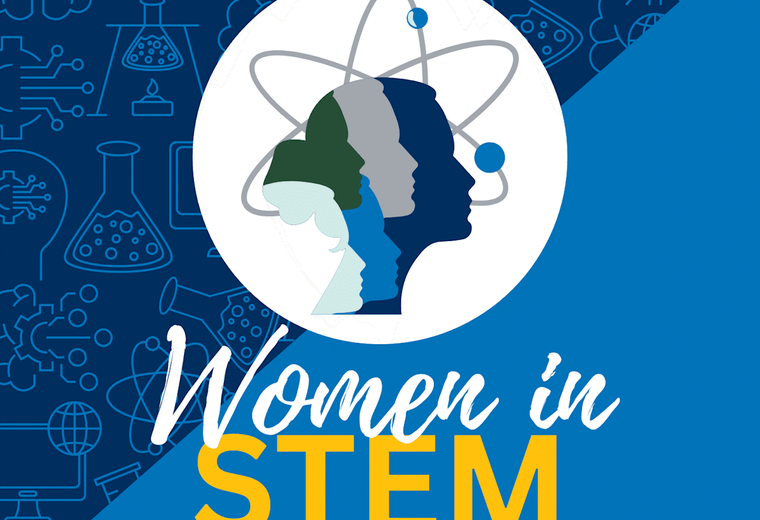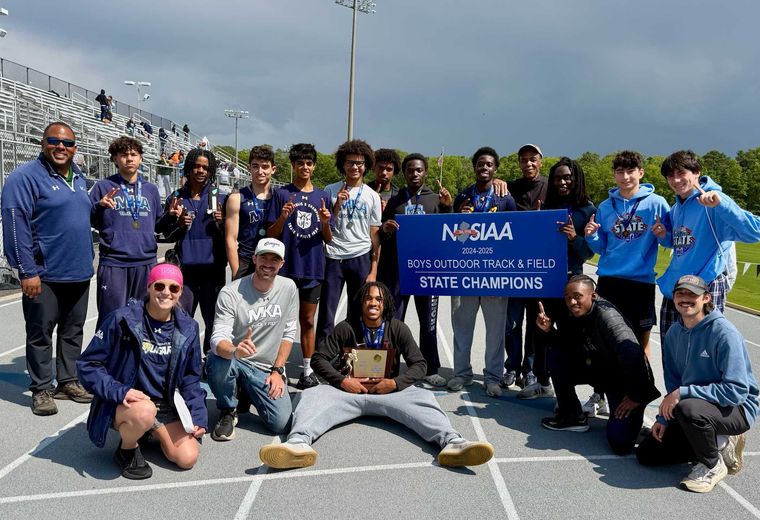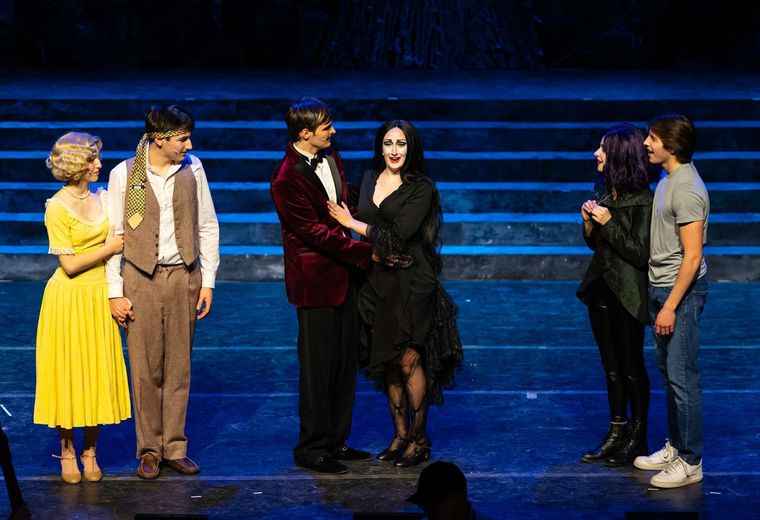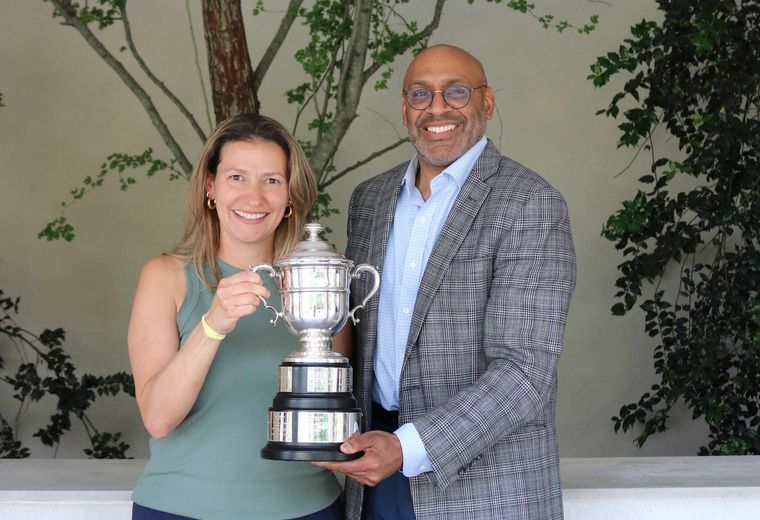MKA Blauvelt recipients share the results of their work with their colleagues
MKA's Blauvelt Professional Study Advancement Awards, designed to promote the integration of character development in the classroom, provide opportunities for faculty to study, reflect and design curriculum grounded in developing students' moral and intellectual habits over the summer. In a faculty in-service meeting held earlier this week, the Blauvelt recipients shared the results of their work with their colleagues.
This year, five faculty members participated in four Blauvelt studies. Upper School English teacher Paul Cunningham focused on his student's reading habits. He examined ways that would encourage students to make a personal investment in their reading and help them read for a purpose. In order to evaluate whether reading standards were then raised, he had students create their own quizzes for the class to take. Middle School Learning Specialist Laura Demaria explored ways for her students to take increased ownership of their learning, using the tagline "help yourself". She focused on self advocacy resources for students within the Learning Lab, such as academic and organizational help, as well as on supporting teachers and parents with a guide to help with teaching self advocacy to children. Middle School math teachers Gary Kaufman and Debi Goodrich found ways to incorporate some of MKA's core values, such as diversity and sustainability, into their classes. Their studies led them to create math word problems based on socially conscious issues such as gender roles in the workplace, politics, religion, money and the environment. While it can be challenging to incorporate these types of issues within a math class, their work revealed that it is not impossible. They then evaluated the effectiveness of the word problems, not only through discussion, but also through having the students create their own problems. Finally, Middle School science teacher and Tri-Campus Sustainability Chair Laura Zimmerman focused on how she could help students better understand their impact on the environment, specifically in regards to food. Her students were asked to track where their food came from and then develop ways in which they could reduce their food waste. As a result of their studies, the students advocated for growing and studying a garden that could be integrated into a year-long science curriculum, as well as making cross curricular and community connections.



